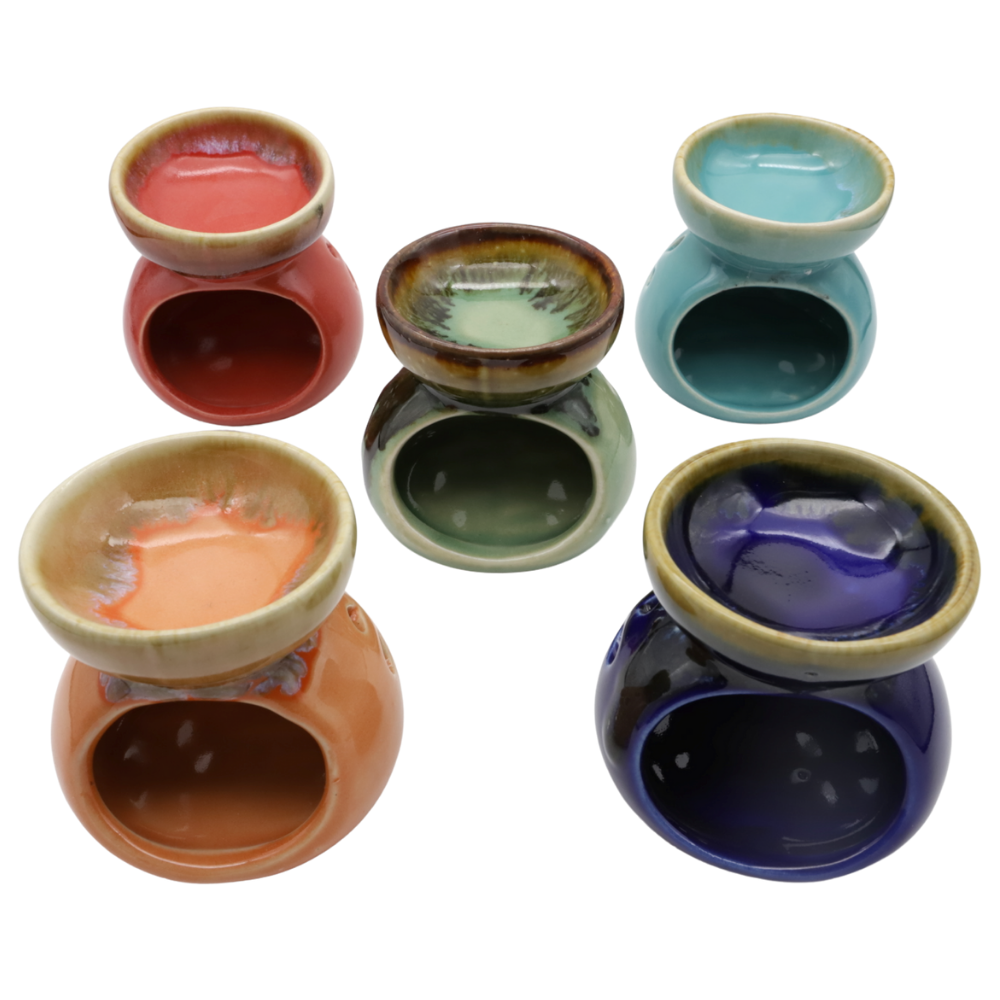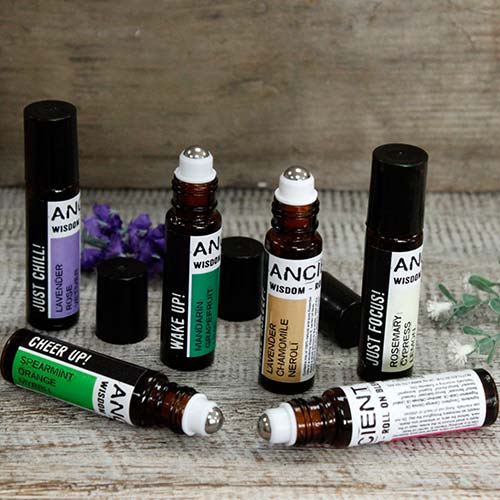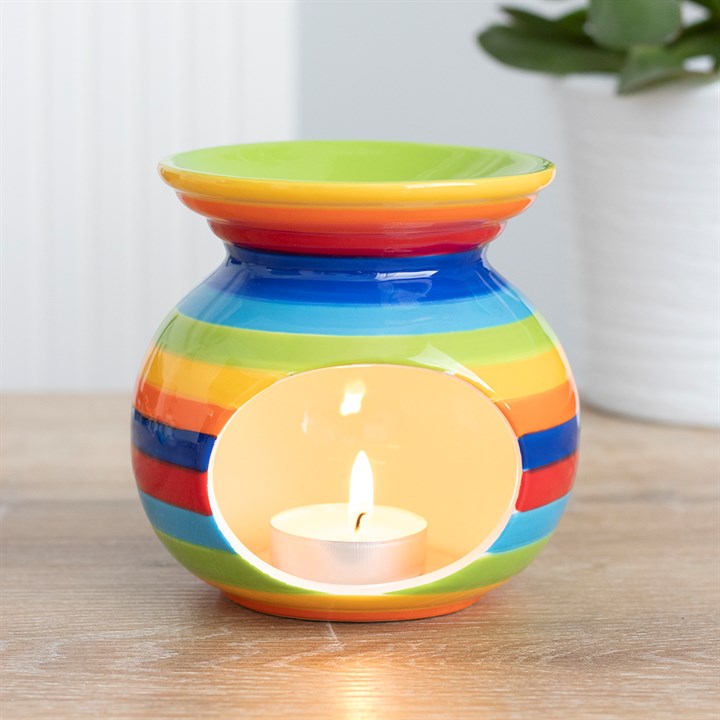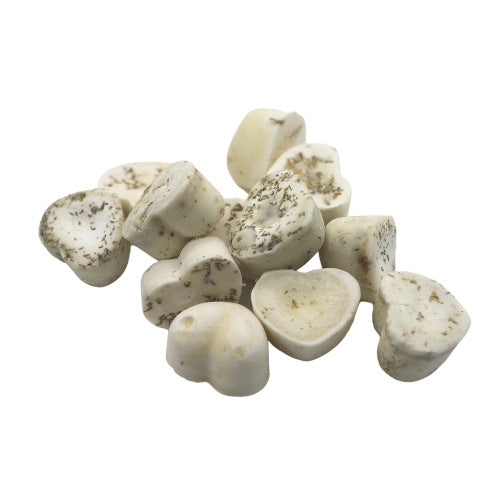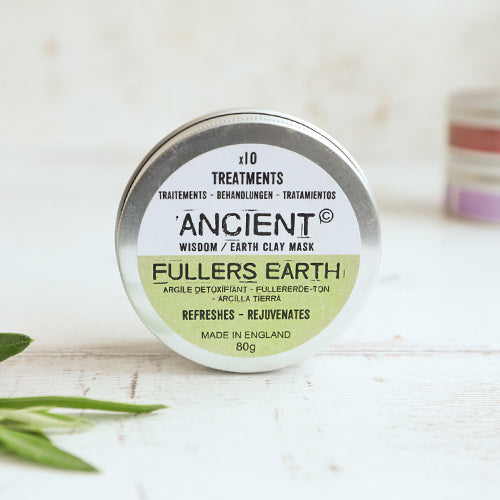I have heard a lot recently about the benefits of natural sea salt, it is being used now in ways that we never saw before. With the introduction of salt baths, salt caves and it is even being found in high-end performance-based skin creams. There are essentially two main types of salt: table-salt which is considered by others to be not very good for health, it has iodine added to it which has shown to affect the thyroid.
The other type is sea salt which can come as either clear white or as Himalayan pink salt. Both of these contain a substantial amount of minerals, that supposedly can remove toxins from the body as well as help with water retention thus helping you to lose weight. The other day I was at the gym in the sauna, and in a group, we all got talking about the ongoing trend of salt-related cleanses, detoxes for health. After this conversation, I decided it would be a good idea to look online for a recipe. I was shocked, firstly at how much salt you actually need to make a salt bath and the health benefits that can come with it.
What is good about a salt bath?
- As mentioned before, the salt enriches the water with additional minerals.
- It has antibacterial properties – science has shown us that it can be beneficial for acne, eczema, and dermatitis. It can also disinfect minor cuts and improve inflammation throughout the skin. Within the mouth, it is known to treat ulcers and relieve pain whilst also removing acidity and protecting your teeth from infections and cavities.
- It’s a natural treatment for cold and flu
- Increased blood circulation
- Gets rid of sore throat
- It helps treat arthritis, sports injury, and even high blood pressure.
- As well as all of these properties that it is good for it is also antifungal which means it can work wonders on the likes of athletes’ foot. However, foot soak treatments will need to be kept up regularly. Enjoy these many health benefits of a salt bath.
The problems with salt in our diet?
In general, the high amount of salt that is found in our diets leads to high blood pressure and problems with the thyroid. Too much salt on an on-going basis is very bad for you. It can lead to heart disease and other related illnesses. However, sea salt is a natural salt that comes from the sea.
It is very different from its other salt counterparts in the sense that it contains naturally occurring minerals. That can be very beneficial. Being a great source of sodium. It should be known, that whilst too much sodium in our diets could be harmful. A lack of sodium can also be extremely bad for health. This is a problem mainly because most of us do not know how much we should be consuming as part of our recommended daily amount.
What is the recommended daily amount of salt?
Our recommended daily amount of sodium for an adult is 2.3g maximum which amounts to around 5g of salt (1 tsp). You should also know that children should have much less! That being said babies under 1-year-old shouldn’t be having any salt. This is because their kidneys are not fully developed and their little bodies will not be able to process it.
According to the NHS “If a baby is breastfed, they will get the right amount of minerals from the breast-milk.” Another issue is that with the growing use of ready meals that contain far too much salt, we are causing havoc to our health. If you want to be healthy and make sure you are getting the right amount you should cook from scratch.
This way you can control exactly how much salt goes into everything that you make. A good rule is that a small pinch is enough. If you are using pre-made jars or sauces you should check their ingredients to ensure you are not seasoning your food twice as these small grams can add up.
The benefits of sea salt in our diet
- Rich in naturally occurring minerals such as calcium, magnesium, and potassium
- It contains sodium that is important for normal cell function.
- It can be beneficial for controlling blood pressure levels.


